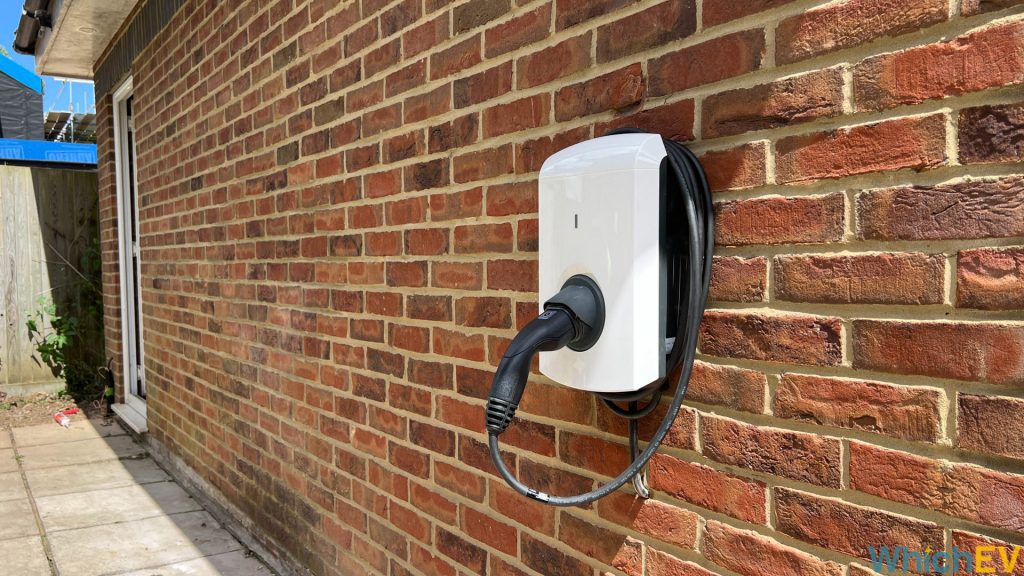There is still widespread confusion and concern about the cheapest and most efficient ways to charge an EV, according to research data from Hive. While 54% of people are planning to make the switch to an electric car in the next 5 years and 58% would consider a home charger, the data also showed that 27% of people think home charging would be more expensive than public charging, which could be a major misconception.
Launched in 2013, London-based Hive is one of the top smart thermostat providers in the UK. Part of British Gas, one of Britain’s leading suppliers of energy and services, Hive has about 1.9 million customers.
Watch the WhichEV complete guide to installing a home EV charger.
With the cost-of-living crisis forcing most to tighten their belts more than ever, this incorrect assumption could be stopping people from making the switch, which may actually save them money in the long run, argues Hive.
With the public charging network largely deemed inadequate due to a lack of charging points, it’s also less convenient and more expensive than home charging, costing up to £10 per charge at a public rapid charger, which is much more than the at-home cost.
When asked how much they thought it would cost to fully charge an average electric estate car with a home charger, respondents estimated around £21 (average calculated through identifying the mid-points of a scale and taking the mean of these results).
In reality, the average cost is £7.50, according to cost based on charging a Vauxhall Mokka-e with a 50kWh battery delivering 209 miles of range using typical EV-friendly electric rates of 15p per kWh off-peak and 40.2p peak.
This is in stark contrast to current fuel costs, which averaged out at £1.74 per litre at the time of writing. Amidst rising living and fuel costs, over half (57%) are also concerned about the impact home charging would have on energy bills.
The research undertaken by Censuswide amongst 2,000 homeowners between 18th March 2022 and 22nd March 2022 also highlighted how most people (71%) are unaware that a home charger can be linked to their energy provider, showing the need for clear information in this area. To support customers, Hive SmartCharge Saver is being trialled by 100 customers in the week starting the 15th of August.
The SmartCharge Saver is an add-on that works with Hive EV charging and any British Gas tariff, using intelligent scheduling to charge a customer’s EV at the cheapest, and greenest time of the day.
Customers will get a discount of 2p per kWh whenever their EV is plugged in continuously for 6 hours and 7p per kWh if the car is plugged in for longer, equating to a max saving of £2.10 per full charge for 30 kWh battery and up to £4.20 saving for a 60kWh battery, said Hive.
Commenting on this research, Henry Duff, head of net-zero at Hive said: “It is evident from our research that there’s still confusion around EV charging, particularly when it comes to costs. This is one of the reasons we’re launching the trial of the EV SmartCharge Saver tariff add-on, with the aim of making it available to all EV-owning customers in the future.”
Hive stresses that although there is a clear demand for home chargers, there’s a lack of understanding around the installation process. Over three-quarters of respondents are in the dark about what makes homes eligible for a home charger and 36% are worried they would need to make significant changes in order to have one installed when they just need to own their own property and have a driveway.
Hive “guides customers through the EV charger process, from start to finish with an installation from an expert British Gas engineer and 24/7 support available on demand.” The Hive EV Charger can be controlled via the Hive app enabling customers to charge their car from wherever they are and keep track of their expenditures.
